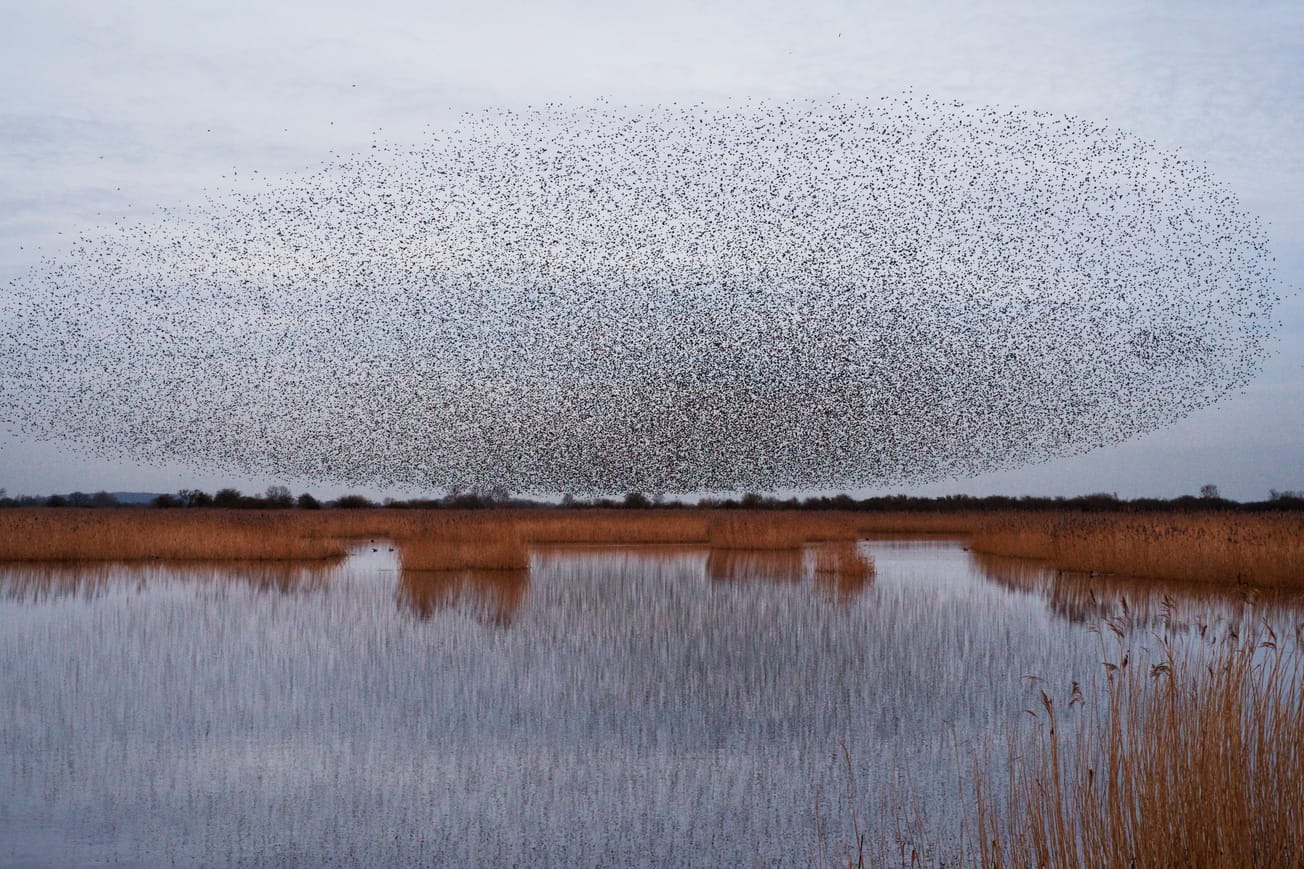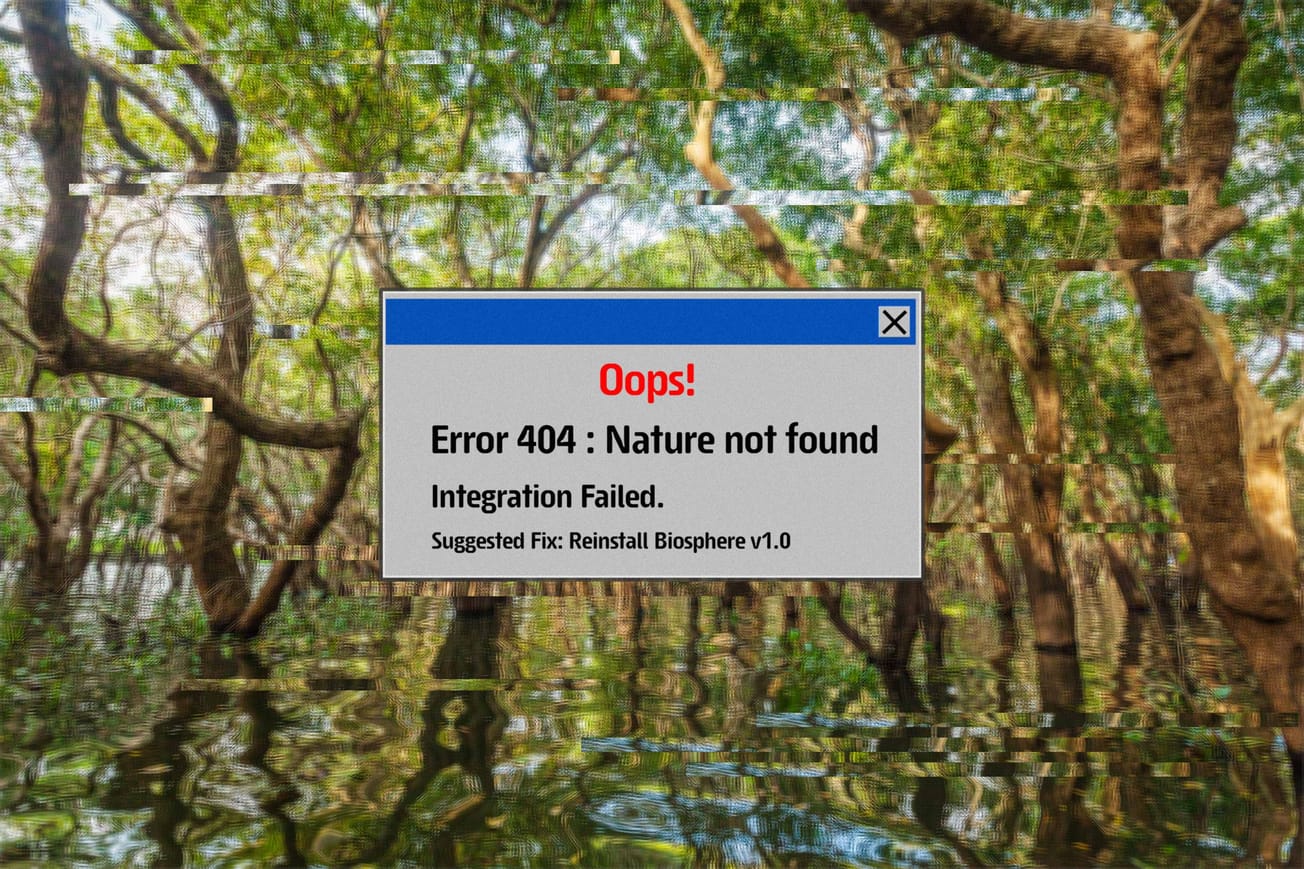On July 4th, 2025, as Americans celebrated Independence Day, President Donald Trump signed into law what will prove to be one of the most environmentally destructive pieces of legislation in U.S. history. The One Big Beautiful Bill Act, passed by razor-thin margins in both chambers of Congress, represents a comprehensive assault on environmental protection, clean energy development, and climate action that will reverberate for generations.
Marketed as economic stimulus and tax relief, this legislation is anything but beautiful for the environment. Instead, it systematically dismantles the clean energy infrastructure that has been driving job creation and economic growth while opening the door to unprecedented environmental degradation. The bill's environmental impacts are so severe that the Sierra Club has labeled it "the most anti-environment bill in history," while the League of Conservation Voters warns it represents "the worst bill ever for our communities and the environment."
A Climate Catastrophe in Legislative Form
Perhaps the most troubling aspect of the One Big Beautiful Bill Act is its profound blow to climate progress. At a moment when the world urgently needs to hasten the shift away from fossil fuels, this legislation steers the United States in the opposite direction. Independent analyses—including from Princeton University’s Rapid Energy Policy Evaluation and Analysis Toolkit—project that the bill would increase U.S. greenhouse gas emissions by 8 to 12 percent over the next decade compared to simply maintaining existing climate policies.
The numbers are staggering in their implications. The legislation will result in 500 to 730 million metric tons of additional greenhouse gas emissions by 2035. To put this in perspective, that's equivalent to the annual emissions from approximately 150 million gasoline-powered cars. When combined with the Trump administration's broader regulatory rollbacks, the bill could spike U.S. greenhouse gases by 25 percent by 2035, effectively erasing decades of progress on climate action. This trajectory puts America's climate commitments far out of reach. President Biden had pledged to cut greenhouse gases by two-thirds below 2005 levels by 2035, a target scientists deemed necessary to prevent catastrophic climate change. President Trump and the Republican Congress have simply ignored these warnings.
The global consequences are equally profound. As the world’s second-largest emitter of greenhouse gases and its greatest historical contributor, the United States bears an outsized responsibility in confronting the climate crisis. Yet by retreating from climate leadership, America not only undermines international momentum to keep global warming below the critical 2°C threshold—it all but ensures that this target will slip beyond reach.
Dismantling America's Clean Energy Future
The One Big Beautiful Bill Act doesn't merely fail to support clean energy, it actively sabotages it. The legislation systematically eliminates the tax incentives and programs that have made the United States a global leader in renewable energy development. The bill eliminates tax credits for electric vehicles, ends advanced manufacturing tax credits for clean energy technologies including wind turbines and batteries, and slashes incentives for solar and wind projects. For American families, it repeals residential clean energy tax credits that help homeowners install rooftop solar systems and eliminates incentives for energy efficiency upgrades like weatherization.
The economic fallout from these rollbacks reaches well beyond individual households. Projections indicate a potential loss of 340 gigawatts in generation capacity, coupled with consumer utility rates rising by 10 to 18 percent over the coming decade. This marks a profound retreat from the nation’s most affordable and rapidly expanding source of electricity, redirecting the energy future toward costlier, more polluting alternatives.
As Manish Bapna, president of the Natural Resources Defense Council, observed, "This measure props up the dirty and expensive technologies of the past while strangling the clean energy investments that are creating millions of jobs across the country." The irony is particularly stark given that Republicans have claimed to prioritize manufacturing jobs and lower electricity rates, two goals that this legislation directly undermines.
The bill’s treatment of clean energy development on federal lands lays bare its underlying priorities. By requiring regular oil and gas lease sales on public lands and waters—while imposing new fees on wind and solar projects—it creates a lopsided framework that privileges fossil fuel extraction over renewable energy. This marks a troubling departure from the principle that public lands exist to serve the common good, not to enrich private interests.
A Public Health Emergency in the Making
The environmental devastation sanctioned by the One Big Beautiful Bill Act carries dire consequences for public health, especially for society’s most vulnerable. By dismantling pollution reduction initiatives that have been cleaning up schools, ports, and transportation systems, and slashing funds that help communities monitor toxic emissions, the legislation paves the way for a surge in hazardous air pollution linked to asthma, cardiovascular disease, cancer, and premature death.
Children will bear a disproportionate share of this burden. As Harold Wimmer, president and CEO of the American Lung Association, starkly warned, gutting clean air programs “will increase air pollution, cause more asthma attacks in kids, and result in families paying more for utilities.” The bill’s simultaneous attack on healthcare access only worsens the crisis, with proposed Medicaid cuts threatening coverage for up to 17 million people and risking the shutdown of rural hospitals across the country.
The public health fallout doesn’t stop at the air we breathe. By opening millions of acres of public lands to polluting industries, the legislation endangers water quality and ecosystem integrity on a massive scale. Communities living near newly sanctioned extraction zones will face heightened exposure to groundwater contamination, degraded air, and the cascading health harms of industrial operations in once-protected environments.
Economic Shortsightedness and Environmental Injustice
The environmental wreckage wrought by the One Big Beautiful Bill Act is matched by its profound economic cost, undermining the very prosperity it claims to promote. The legislation jeopardizes hundreds of thousands of clean energy jobs, more than half of which are in Republican-held districts. This is not only an environmental crisis but an economic blunder of historic scale, as the United States forfeits its competitive edge in the world’s fastest-growing energy sector, handing leadership and the future to global rivals like China.
The bill’s approach to environmental regulation exposes a troubling deference to corporate interests at the expense of public well-being. By allowing oil and gas companies to sidestep accountability for pollution through the payment of fees, it effectively enshrines a “pay-to-pollute” model, granting industry a license to degrade air and water with impunity. In doing so, the legislation silences community voices and bypasses judicial oversight, dismantling longstanding democratic safeguards that have protected public health for generations.
These assaults on human dignity and ecological integrity are carried out in service of a stunning upward redistribution of wealth: billions in tax cuts flow to the ultra-wealthy and fossil fuel executives, even as working families bear the burden of rising costs, lost services, and diminished futures. In sum, the legislation is not merely a policy failure: it is a moral failure, one that trades the health of people and planet for the profit of a privileged few.
The Path Forward: Resistance and Alternatives
The passage of the One Big Beautiful Bill Act marks a grim chapter in American environmental policy, but it does not have to be the final word. Far from silencing the movement for climate action, the bill’s extreme provisions can ignite a powerful wave of resistance. Environmental organizations, public health advocates, and citizens from across the political spectrum need to mobilize in response to challenge the legislation both in the courts and in the halls of Congress. Grassroots pressure on senators will be essential in the coming months, as legal challenges target the most harmful aspects of the bill.
Crucially, state and local governments still wield substantial power to advance clean energy and environmental protection within their jurisdictions. States like California and New York have already shown that ambitious climate leadership can drive economic innovation, create jobs, and improve public health. As federal policy veers sharply off course, these subnational efforts will become more vital than ever, serving as beacons of progress and resilience in a time of federal retreat.
Meanwhile, the private sector continues to recognize the economic promise of clean energy. Even in the absence of federal incentives, renewables remain cost-competitive with fossil fuels in many markets, and corporate commitments to clean power procurement are sustaining momentum. However, the rollback of national policy will undoubtedly slow the pace of progress, making the energy transition more costly, fragmented, and difficult.
A Reckoning with Reality
The One Big Beautiful Bill Act will not be remembered for any semblance of beauty, but for the devastation it leaves in its wake. In sacrificing long-term environmental stewardship for fleeting political gain and corporate enrichment, this legislation mortgages the health, stability, and future of the nation to serve the narrow interests of a privileged few. Its consequences—accelerated climate change, poisoned air and water, and the dismantling of environmental safeguards—will reverberate across generations, long after its architects have exited the stage.
This is more than a policy dispute; it is a wholesale denial of scientific fact and a betrayal of moral responsibility. At a time when the climate crisis is already unfolding in the form of catastrophic wildfires, intensified hurricanes, and record-breaking heat, the deliberate choice to increase greenhouse gas emissions is nothing short of reckless. It signals a failure of leadership so profound that it will be remembered as a defining act of negligence. History and more importantly, future generations, will hold accountable those who placed fossil fuel profits above the survival of people and planet alike.
Yet even in the shadow of this setback lies a powerful opportunity; a chance to rekindle a nationwide commitment to environmental stewardship at every level of society. The extremity of the federal rollback will hopefully serve as a wake-up call, galvanizing more Americans to raise their voices, support clean energy innovation, and demand accountability from those in power. The struggle for America’s environmental future is far from over, but it will require a level of mobilization and perseverance worthy of the moment and the stakes.
Though the One Big Beautiful Bill Act has passed, its legacy remains unwritten. It will be shaped not solely by the damage it inflicts, but by how Americans choose to respond. The path forward, between environmental degradation and sustainable prosperity, is still ours to chart, through local action, state leadership, and the ballot box in elections to come.
The beauty of America’s natural heritage, and the health and dignity of generations yet unborn, now rest on our collective wisdom and resolve. Let us choose wisely and act boldly.












